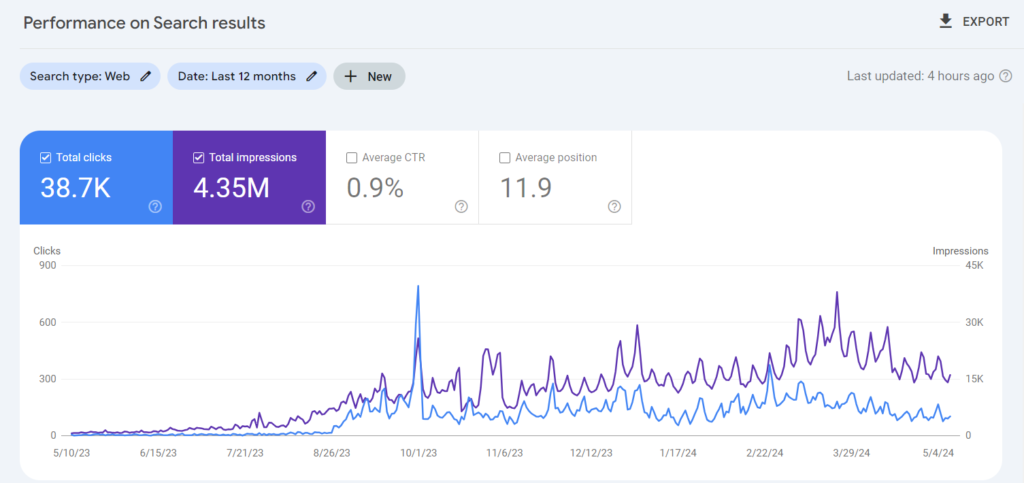When we choose SEO services over PPC, we often worry about the return on investment (ROI). Calculating SEO ROI is notoriously challenging. Conversely, PPC makes ROI measurement straightforward. However, SEO lacks fixed costs and fixed results, among other variables. This complexity makes SEO ROI difficult to gauge. Nevertheless, certain KPIs can help SEO analysts and online businesses calculate SEO returns effectively.
How to Calculate SEO ROI in Digital Marketing
There are two main steps to calculating SEO ROI in digital marketing. The first is setting the metrics or KPIs that you want to track. The second is using a specific formula to calculate ROI. In this post, we will discuss these steps in detail and show you how to calculate SEO ROI accurately.
Why Is It Important to Calculate SEO ROI?
Calculating SEO ROI is crucial for digital marketing agencies to demonstrate their achievements to clients. Even if you aren’t a digital marketing agency, understanding your SEO campaign’s ROI is essential. Knowing whether SEO works for you helps in deciding if you should continue investing in it. A high ROI indicates that SEO is beneficial and worth continuing.
Steps to Calculate SEO ROI
Follow these steps to calculate SEO ROI effectively. Although there are no rigid rules, proven methods can guide you. These methods are flexible and can be adapted to your specific SEO goals.
Step 1: Keep Record of All Costs
Start by recording all costs associated with your SEO campaign. Whether you choose an SEO package with fixed costs or have a customized SEO campaign, tracking every expense is essential.
- Infrastructure: Consider the cost of infrastructure, from basic computers and internet connections to specialized equipment.
- Tools: Document the cost of SEO tools required for your digital marketing campaign.
- Manpower: Include costs for keyword researchers, campaign managers, content writers, and other team members.
- Time: Track the time invested in your SEO campaign, as long-term campaigns need a clear record of time dedication.
Step 2: Choose a KPI
Determine how to measure the success of your SEO campaign by selecting relevant KPIs. These indicators help set and achieve goals within your SEO efforts.
- Organic Traffic: Essential for any SEO campaign, tracking organic traffic is foundational.
- Conversions: Beyond traffic, conversions are crucial for generating sales and revenue. SEO often drives high conversion rates, making this a vital KPI.
- Online Reputation: Many businesses seek SEO packages to enhance online reputation, aiming for top search result positions.
- Subscriptions: Tracking subscriptions to newsletters or paid services can indicate the success of your SEO campaign.
Step 3: Fix a Deadline to KPI
Establish a deadline for achieving your chosen KPIs. Tracking whether KPIs are met within the set timeframe is critical for calculating SEO ROI.
- See If It Is Achieved: Assess if the KPI is achieved by the deadline. Achieving it within the budget indicates a successful SEO investment.
Step 4: Use a Formula
Finally, use specific formulas to calculate the return on investment for your SEO campaign. Different goals require different formulas.
- For Conversions/Sales: Calculate the value of conversions, subtract the SEO cost, and then divide by the SEO cost to get the conversion rate percentage.
- For Organic Traffic: Apply the same formula used for conversions to organic traffic values.
Calculating SEO campaign costs can be complex, but using these formulas simplifies the process. SEO costs vary based on factors like manpower, tools, time, and infrastructure. After tallying all costs and setting KPIs, use the formula: subtract the value of goals from the SEO cost, then divide the result by the SEO cost to determine your ROI.







